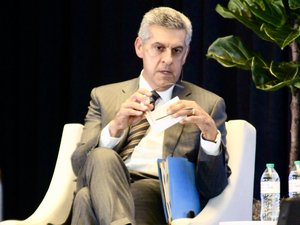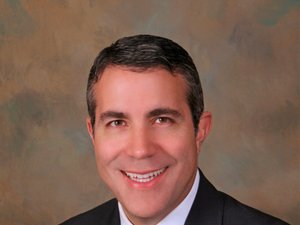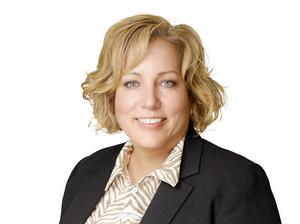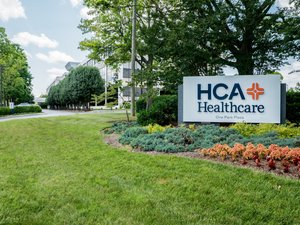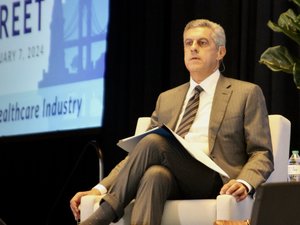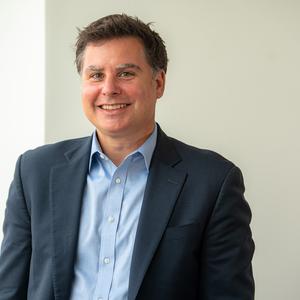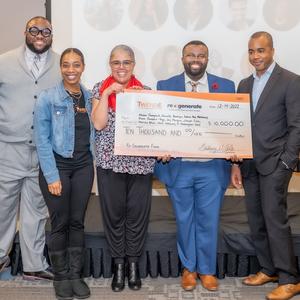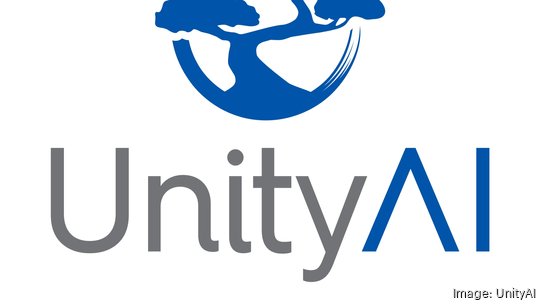
There’s a new health care artificial intelligence company in town and all three of its co-founders are fresh out of HCA Healthcare (NYSE:HCA).
Nashville-based UnityAI has secured $4 million in capital to get the company up and running. Its investors include New York-based Max Ventures, Nashville-based Whistler Capital Partners, Nashville Capital Network and Company Ventures, in addition to a handful of Nashville-based health care angel investors.
The company’s mission is to transform how hospitals optimize patient flow by building software for clinicians and nurses using AI-incorporated technology.
“It’s never been harder to run a hospital and it’s only going to get harder over time,” said co-founder and CEO Edmund Jackson in an interview, citing workforce challenges that are plaguing the health care system. “We believe that the way to help hospitals actually address this is by giving them tools that they can actually apply. It’s all about creating an environment in which it’s possible and pleasurable and effective to be a clinician.”
The use of artificial intelligence has boomed across the health care and business world over the past year. As AI evolves, more business leaders across Nashville are embracing the technology and figuring out how it can improve efficiency. The health care space specifically has been more cautious with the implementation of AI and has focused on its advancements on the administrative side.
“What we’re doing wasn’t even possible a couple of years ago. The data wasn’t there, the hospitals weren’t ready,” Jackson said. “We believe AI can create that environment in which everybody who works in a hospital is supported in their world so they know what to do next.”
Jackson and his co-founders Cody Hall and Jason Parker are going to use the capital they’ve raised to achieve product market fit, which includes hiring at least two people and acquiring the assets to build their AI system.
“The next 18 months is about getting to a point where we’ve built enough of this and proved it out as a concept and a product,” Jackson said. “We are here to make clinicians' and hospital workers' lives better. We want to build software that they love and use.”
Parker stressed that clinicians and other hospital workers are already doing a great job. They just want to help them be less stressed and supported.
“What they need is an environment that is calm and supportive and bluntly, when they need something it’s there for them,’ Parker said. “We don’t need AI to tell doctors and nurses what to do, we need it to help them do what they already know they need to do.”
How they met
The origins of UnityAI can be traced back to when Jackson was a college student.
He grew up in South Africa and attended Cambridge University in the United Kingdom. It was there that he met his wife, a Nashville native who bluntly told Jackson that while she loved it there, she wanted to return home.
“So, I followed her here,” Jackson said.
Once they made it to Nashville, Jackson began working at HCA where his wife's brother, Parker, also worked. It’s there that they met Hall and began to dream up their company.
“HCA is extremely good in solving the problems of today and this year and the next few years,” Jackson said. “There are some macro situations in health care which require us to step away from the operating environment and the exigencies of the day and think of a larger picture and try and solve it away from that pressure.”
Through their time at HCA, they saw first-hand how staffing shortages were impacting not only the hospital system as a whole, but the staff on a personal level.
“There’s fewer and fewer people coming through in the younger ages that are being trained up as doctors and nurses,” Parker said.
The health care industry is in the grips of a nurse shortage, caused in part by pandemic burnout, an aging patient population and an aging workforce of caregivers. Approximately 1 million registered nurses are expected to leave the profession by 2030, according to a report in Health Affairs.
“It’s clear that most people in the hospital, nurses and others, are trying to survive their day,” Hall said. “We just want to build technology that makes room for empathy and makes that connection with their patient again and lets them focus on their patient.”
And Parker foresees a future where AI can help fill in the gaps and make the job more attractive and enjoyable.
“I know there’s a lot of concern in plenty of industries about AI replacing workers. We think this is a case of we’re already short a lot of workers, and there’s no pipeline that’s going to fill in,” Parker said. “I don’t think in health care it’s that AI is going to replace people, I think it’s going to add some replacement factor for roles we were never going to be able to fill.”
